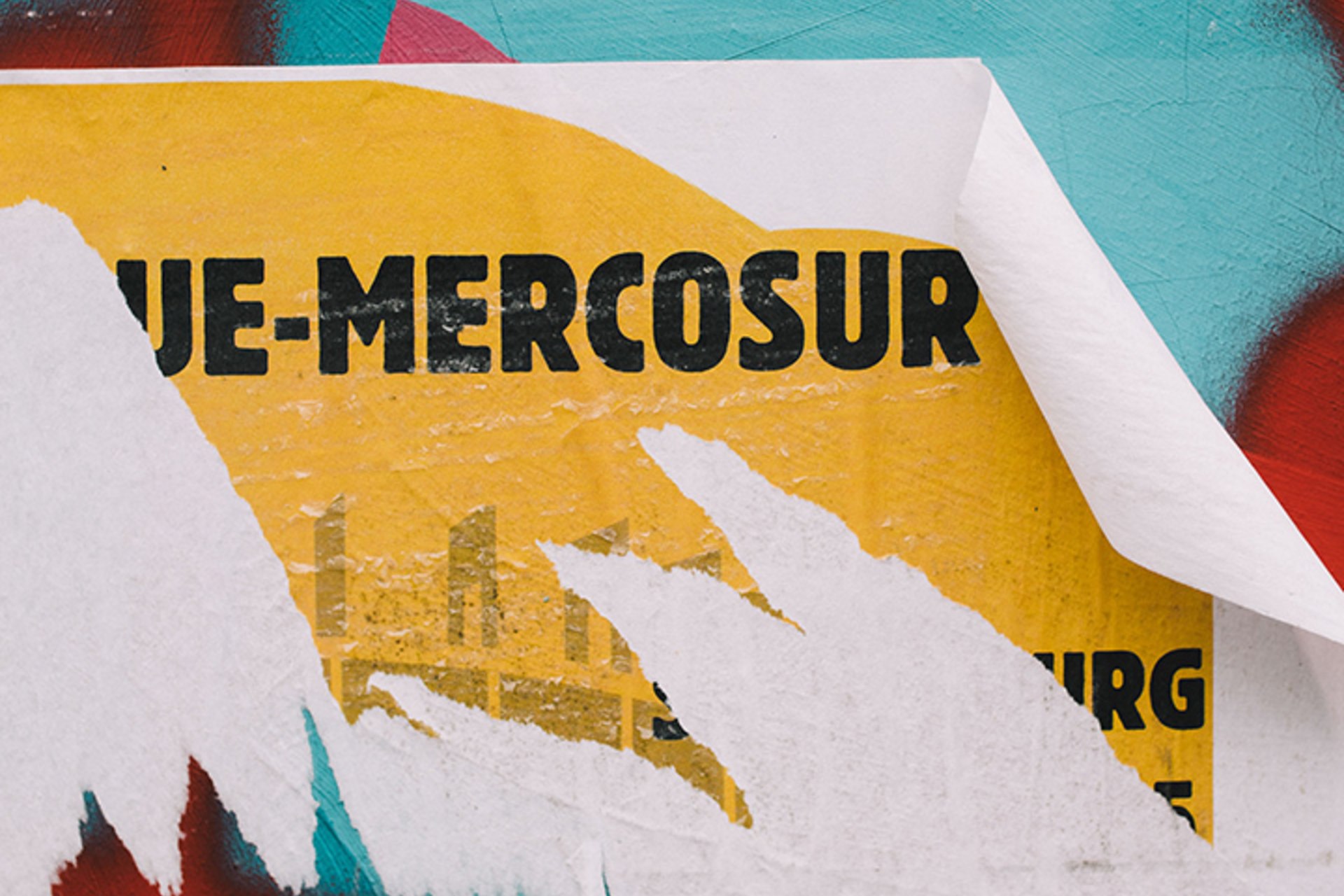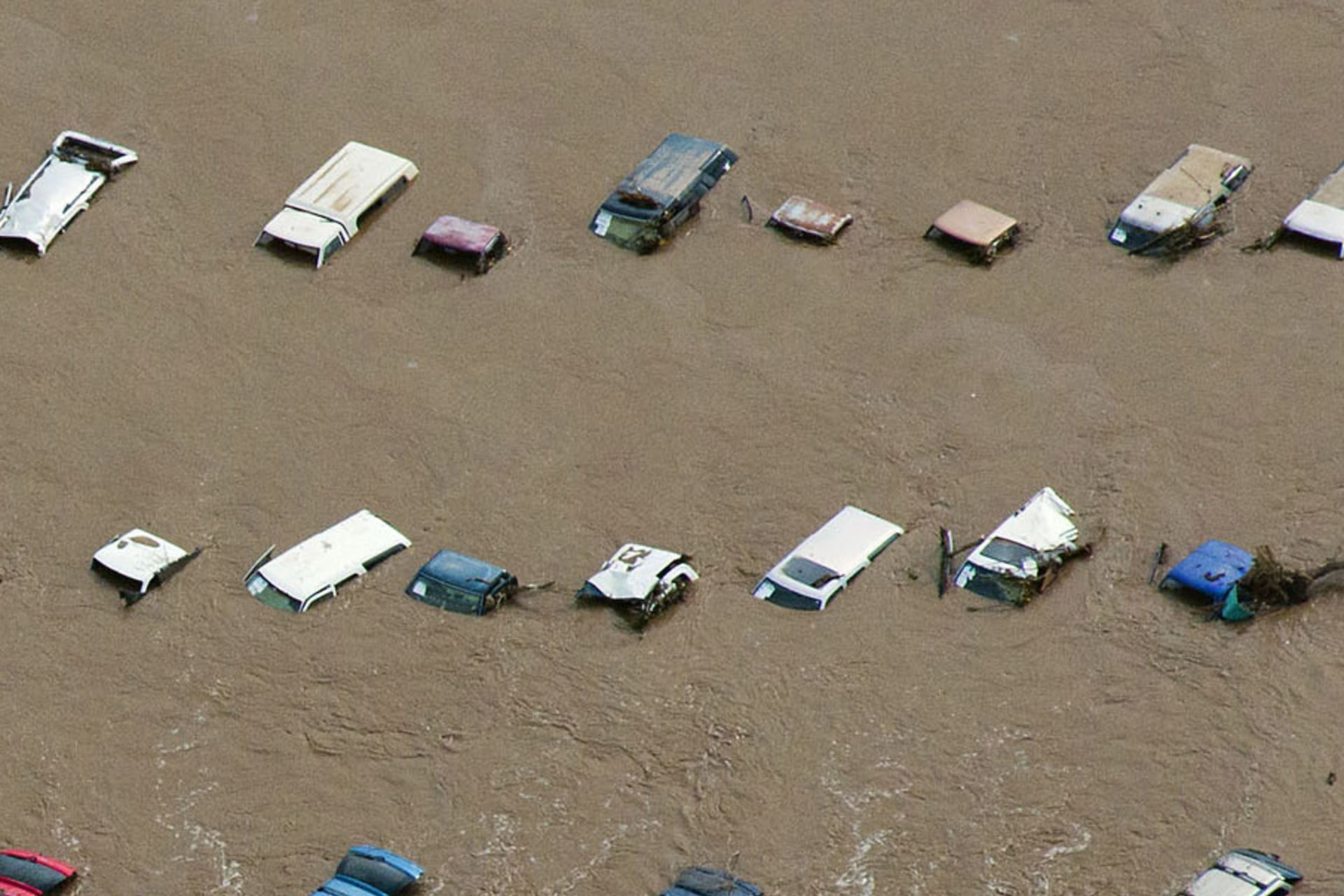Hugo Chavez’s World Tour
Published
In a recent world tour—stops included Belarus, Russia, and Iran—Venezuelan President Hugo Chavez attempted to expand his influence beyond Latin America and capitalize on the leverage afforded by his oil riches.
This publication is now archived.
Introduction
Propelled by his country’s energy wealth, Venezuelan President Hugo Chavez is attempting to expand his influence beyond the Western Hemisphere. In a recent world tour—stops included Belarus, Russia, Iran, and Mali—Chavez used every opportunity to disparage the United States and seek to forge solidarity with a number of states at odds with Washington. Aside from campaigning for a temporary seat on the UN Security Council, Chavez signed arms and energy deals. Experts are divided on his prospects for winning the temporary seat, but they agree Chavez’s influence will wane unless he finds a way to sustain Venezuela’s current oil output.
What are Venezuela’s foreign policy aims under Chavez?
Chavez has ambitious foreign policy goals within Latin America and on the larger world stage that involve a deep antipathy toward Washington. Among them:
- Promote “Bolivarian revolution” in Latin America. Chavez is pushing for a unified South America that will function as an independent bloc and counterbalance the United States. Analysts are divided on his success at uniting the region thus far, though some agree Venezuela’s July 2006 admission into Mercosur—the trade group formed in 1991 by Argentina, Brazil, Paraguay and Uruguay—is a significant victory.
- Amass more influence abroad. His most recent tour—to Cuba, Belarus, Russia, and Iran, among others—was notable for the number of states antagonistic towards Washington. Experts agree Chavez seeks not only to counterbalance U.S. power, but to become a powerful global leader. Jennifer McCoy, a Venezuela expert and political science professor at Georgia State University, says Chavez’s “overall aim is to create a multipolar world that can provide a greater balance to U.S. hegemony.”
Does Venezuela’s foreign policy constitute a threat to U.S. security interests?
Experts disagree. On one hand, although he has defended Iran’s nuclear program against UN Security Council action and supported North Korea’s recent missile tests, Chavez risks alienating potential allies. Other analysts, including Johns Hopkins University professor Francis Fukuyama, downplay the significance of Chavez’s rhetoric. He writes that concerns about Latin America’s “turn to the left” are overblown and points to signs of an anti-Chavez backlash in the region. Stephen Johnson, senior policy analyst at the Heritage Foundation, says even though Chavez has oil money (around $50 billion in 2005, roughly one-third of Venezuela’s gross domestic product), the Venezuelan economy remains relatively small. But others say it would be a mistake to underestimate the charismatic Chavez, who enjoys widespread support within Venezuela. Michael Shifter, vice president of the Inter-American Dialogue, a Washington-based think tank, says, “He has resources and a clear agenda, two things many leaders don’t have.”
What was the purpose of Chavez’s recent tour?
His latest round of jet-setting focused on brokering energy alliances, signing arms deals, and lobbying for votes for a two-year seat on the UN Security Council. McCoy says Chavez was trying to increase cooperation among fellow oil producers, as well as diversify Venezuela’s energy market so it is not so dependent on the United States, which accounts for roughly half of Caracas’ energy exports. Here are the outcomes of his visits by country:
- Belarus. Chavez did not sign any economic or military deals in Belarus, but Belarusian President Alexander Lukashenka—who the United States calls the last dictator in Europe—received him warmly and suggested the two men form a “strategic alliance.” Experts say Chavez likely visited Belarus because it has been so vilified by the West.
- Russia. Chavez signed a $2.9 billion arms deal—involving twenty-four Su-30MK2 planes and fifty-three Russian military helicopters—with Russian President Vladimir Putin. He also made a deal for a Kalashnikov AK-103 rifle plant to be built in Venezuela. Johnson says these deals are mutually beneficial: Russia’s arms industry is ailing, and Venezuela needs to replace its worn-out, poorly maintained military equipment. Though Chavez expressed interest in Russian investment in a gas pipeline through South America, Putin did not agree to help with its construction.
- Iran. Iranian President Mahmoud Ahmadinejad called Chavez a “brother and trench mate” and the two agreed to support each other in disputes with the United States. On July 30, Iran’s state-owned Petropars oil and gas company agreed to invest some $4 billion to explore and develop two oil fields in Venezuela. The two countries will also build an oil refinery in Indonesia together. Shifter says the trip reinforced the alliance between the two countries, though “it is unclear what the extent of the economic relationship will be.” Iranian investment in Venezuela last year totaled about $1 billion, most of it directed toward energy, construction and engineering projects. Some have expressed concern about Venezuela as a possible base of operations for the Iranian-supported Hezbollah militia, based in Lebanon. While experts, including Johnson, say it is possible there are Hezbollah cells in Venezuela right now, Shifter says there is no hard evidence supporting this claim.
- Vietnam. Chavez and Vietnamese President Nguyen Minh Triet signed oil, gas, mining, and agriculture deals. But the World Trade Organization (WTO) is expected to vote later this year on Vietnam’s accession, so the country is cautious about any confrontations with the United States. Triet emphasized economic—not ideological—cooperation in his meeting with Chavez.
What is the likelihood Venezuela earns a temporary seat on the UN Security Council?
It is unclear whether Venezuela has enough support, experts say. The United States has been outspoken in supporting Guatemala for the temporary seat, one of ten on the Security Council that rotate every two years. The General Assembly will vote on the seat in October, and the regional bloc of Latin American and Caribbean states is divided on their candidates. Venezuela needs 128 votes to win. Shifter says Chavez is undertaking an aggressive campaign and that in combination with the United States’ current lack of popularity means “he’s in a pretty strong position.” But Johnson thinks Guatemala should have about ninety-eight seats in its favor and it is “difficult to tell who will prevail.” Shifter says the United States has not handled the situation well, and by “using too many sticks and not enough carrots” in campaigning for Guatemala, it has alienated some Latin American countries.
If Venezuela does win the temporary seat, McCoy cautions against overestimating its power on the Council. “It is still just one vote out of fifteen,” she says.
Has Venezuela’s energy wealth helped Chavez gain allies?
Yes. Within Latin America, Chavez has made generous oil deals with Cuba, Bolivia, and Ecuador. Increased oil revenues have also allowed him to generously fund domestic social programs, which bolster his standing in Venezuela as well as the region. The UN’s latest human development report says about one-third of Venezuela’s population lives on $2 per day or less, citing 2003 figures. But Chavez is credited with expanding health care to the poor, and according to a May 2006 Center for Economic Policy and Research report, poverty in Venezuela has gone down marginally since 1999. But Shifter writes in Foreign Affairs that Chavez’s “Bolivarian Revolution” is not a sustainable model for the country or the region. “Its approach is fundamentally clientelistic, perpetuating dependence on state patronage rather than promoting broad-based development,” he writes.
Outside Latin America, many see Chavez’s deepened ties with Russia and Iran as possible only because of oil wealth. McCoy says the Venezuelan-Iranian relationship is a “marriage of convenience.” She says Iran “shares an anti-U.S. foreign policy but in many other ways does not have a commonality in politics and other foreign policy goals.”
How sustainable is Venezuela’s current oil output?
With infrastructure aging and very little oil revenue going toward upgrading it—or hiring more experienced engineers—Chavez may have only three to five more years of petrodiplomacy. Venezuela, after Canada, has he second largest known oil reserves outside the Middle East and currently produces between 1.6 million (according to the U.S. Government Accountability Office) and 2.1 million (according to Venezuela) barrels of oil per day (bpd). But since Chavez took power in 1999, the output of PDVSA, the state-run oil company, has dropped by a quarter. With fields such as the Corocoro—discovered in 1999 and estimated to hold 500 million barrels of oil—lying dormant, the issue is not one of supply, but of the lack of machinery, technology, and skilled manpower to access it. Instead of devoting its energies to upgrading equipment and recruiting more workers, PDVSA is busy fulfilling Chavez’s mandate that it spend at least 10 percent of its annual investment budget on social programs, some $1 billion a year. While such social programs bolster his support among Venezuela’s poor, if they prevent him from maintaining the oil industry they may ultimately cripple Chavez’s chances of counteracting U.S. influence in the Western hemisphere. He has “got to be able to maintain the goose that lays the golden eggs” says McCoy.
What are Washington’s views of Chavez’s growing alliances?
U.S. officials are watching Chavez’s moves carefully and staunchly oppose Venezuela’s bid for a temporary seat on the UN Security Council. The State Department imposed limited sanctions—prohibiting the export of arms and defense services, as well as the re-sale of arms manufactured elsewhere—against Venezuela in May 2006, citing its nearly total lack of support for counterterrorism efforts, as well as its relationships with Cuba, Iran, and armed narco-terrorist groups in Colombia. In testimony before a House subcommittee in July 2006, Frank C. Urbancic, the State Department’s deputy coordinator for counterterrorism, linked Venezuela to state sponsors of terrorism, saying, “It is clear that in the case of Chavez’ Venezuela, the old adage ’Tell me who your friends are, and I will tell you who you are’ is one we would be wise to heed.” He highlighted the possibility of Venezuelan connections with Hezbollah, and said the Colombia-based FARC and ELN traffic weapons and drugs through Venezuela.
What would happen if Venezuela stopped selling the United States oil?
It could result in a crude oil price spike of up to $11 per barrel, according to a new study from the U.S. Government Accountability Office (PDF). Yet some experts say the likelihood of such a move is low, given the asymmetry of the relationship (Venezuelan oil comprises roughly 11 percent of U.S. oil imports and roughly half of Venezuelan oil exports).
Some say warnings about Chavez’s growing power are overstated. As CFR Senior Fellow Julia E. Sweig writes in the Washington Post: “The prospect of Chavez supplanting the ailing Castro as the new Latin threat of the post-Cold War world is vastly overblown.” And despite President Bush’s own concern that Chavez is “undermining democracy” in Venezuela and Latin America, some experts say his administration has yet to translate that concern into concrete policy. But perhaps the appropriate stance on Chavez is somewhere in between. “There is a view that dismisses him as a clown and sees him as a folkloric figure and I don’t share that view,” says Shifter. “On the other hand, it’s a serious mistake to inflate his importance and say that he poses a serious threat to the United States.”
t
Colophon
Staff Writers
- Stephanie Hanson





